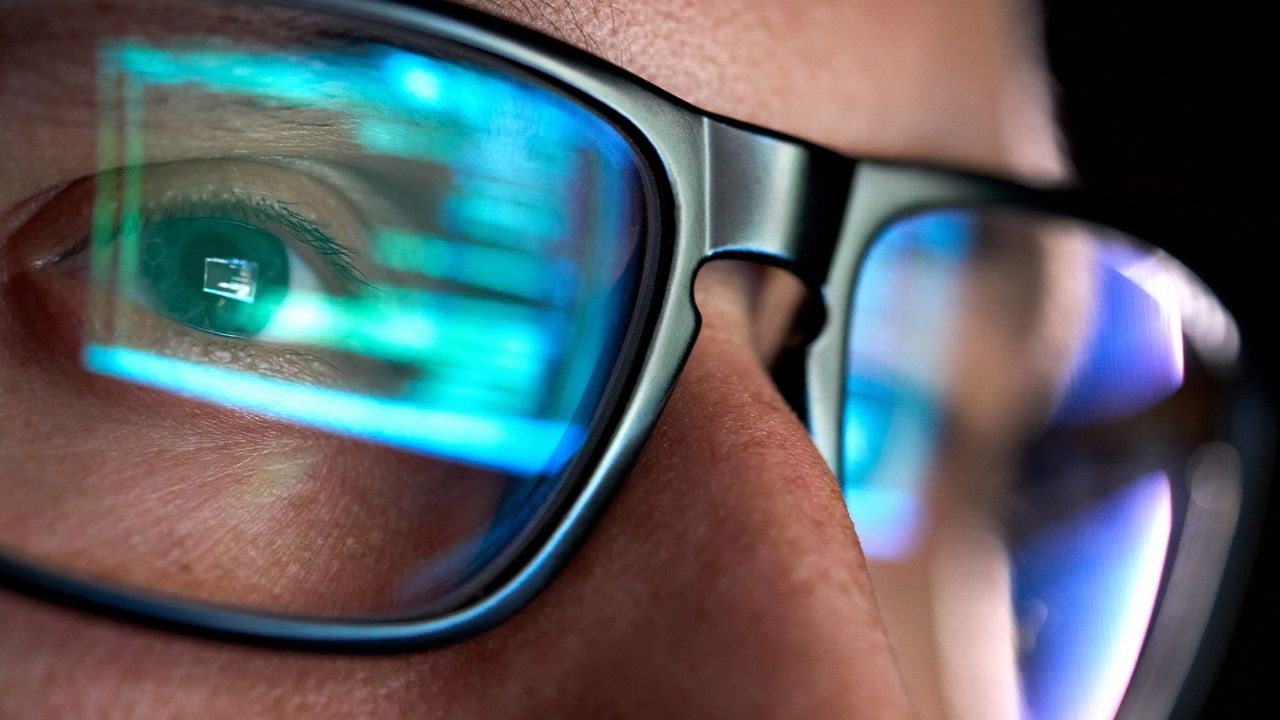- A survey by Digital.com found that 14% of remote employees were unaware that they were being monitored.
- In some cases, workers may not be fully aware of just how much data they are sharing with their employers.
- Companies that have adopted bossware should consider what their goals are and consider accomplishing them in less intrusive ways.
As remote work becomes the new norm for many, one of the major challenges facing employers is how to ensure their employees are being productive.
From this issue came employee monitoring software – known as ‘bossware’ – which tracks how much employees are working, which websites they visit, where they are working, and more.
With Data Privacy Day just passed (January 28th), it’s important to promote privacy and data protection best practices – including employee monitoring software.
A survey by Digital.com found that 14% of remote employees were unaware that they were being monitored.
Here are some key findings from the survey:
- 60% of companies with employees who work remotely are using monitoring software to track employee activity and productivity.
- Among employees whose activity is being monitored, 53% are spending 3 or more hours per day on non-work activities.
- 81% of companies that implemented monitoring software saw an increase in worker productivity.
Does bossware protect workers’ privacy? The answer: No.
The majority of employees know that their bosses are virtually looking over their shoulders; 86% of companies using monitoring software informed their employees.
But that raises instant trust issues for the 14% of workers who didn’t know they were being monitored.
More worryingly, these monitoring products usually don’t distinguish between work-related activity and personal account credentials, bank data, or medical information, according to the Electronic Frontier Foundation.
There aren’t many legal protections for employees who are being monitored. Bossware might be intrusive, but it is legal.
In some cases, workers may not be fully aware of just how much data they are sharing with their employers.
The use of this type of bossware poses a few questions, mainly about how to protect personal privacy.
Jude Lee, a software developer, offers his insight on how to help protect privacy, which privacy leaks to look out for, and where the tracked data is ending up.
“In my opinion, the best thing you can do to protect your privacy is actually to have random passwords for your various accounts. Using a password manager such as LastPass could help you maintain random and secure passwords across multiple devices,” Lee said.
If you’re checking emails on your phone, you still may not be safe.
“Unfortunately, not all apps out there follow the best security practices… there are also other security measures to consider if provided by the app, such as 2FA (2-factor authentication), biometric sign-in, etc. These can significantly increase the strength of your account security,” Lee said.
Remote and hybrid workers are more susceptible than ever to cyberattacks and hackers breaching their data and privacy, but what about their own bosses accessing their data?
“Always double-check the apps’ permission settings to see if it’s essential to give such permissions or consider only allowing it when using the app. Some permission settings could yield control over your device if it contains malware. I would recommend having it at the lowest setting for all apps unless it’s indispensable,” Lee said.
Workers are getting fired due to being monitored
88% of employers terminated workers after implementing monitoring software.
Employees in construction, advertising and marketing, business and finance, and IT are the biggest time thieves, according to their employers.
39% of construction employees, 32% of employees in advertising and marketing, 29% of business and finance workers, and 28% of IT employees spend 5 or more hours per day on non-work activities.
At most companies using monitoring software, ‘bad behavior’ came back to haunt employees. 25% of employers terminated between one and 10 workers as a result of monitoring their productivity habits, while 21% terminated between 51 and 100 employees, according to the survey.
What industries implement bossware the most?
Not all industries have adopted monitoring software at equal rates. Digital.com’s survey found that the use of monitoring software is most prevalent in advertising and marketing (83%), computer and information technology (77%), construction (71%), business and finance (60%), manufacturing (60%), and personal care services (52%).
The use of monitoring software is more common in these industries because “these are fields where clients are often billed on an hourly basis,” according to small business consultant Dennis Consorte.
“Therefore, employers may want to cover their bases with tracking software, in case clients question the legitimacy of billable hours.”
The majority of employers saw worker productivity increase after installing monitoring software
81% of employers using monitoring software report an increase in employee productivity after the software was implemented.
According to Consorte, monitoring software may be motivating employees for the wrong reasons.
“Often when employers see a lift in employee productivity after installing monitoring software, it’s likely due to fear rather than inspiration,” Consorte said.
Employers should be aware that implementing bossware will most likely not foster a flexible or comfortable work environment for their employees.
If employees are spending more time surfing the web than completing their work, Consorte encourages employers to reflect on what they can do to improve worker morale.
“When an employee feels mistreated or underpaid, they’re more likely to engage in time theft,” he said. “This can happen when the company mission and core values are not ingrained in the culture, so people have no sense of purpose when they come to work. Add on low pay compared to the value they produce, and you’ve got the perfect storm for bad behavior.”
Companies that have adopted bossware should consider what their goals are and should try to accomplish them in less intrusive ways.
Constant monitoring in the workplace can stifle creativity, diminish trust, and contribute to employee burnout.

















